New Emerging Global Trends
Ambassador Neelam Deo, Director, Gateway House delivered a lecture at the West Bengal National University of Juridical Sciences, Kolkata on 30 January, 2016.
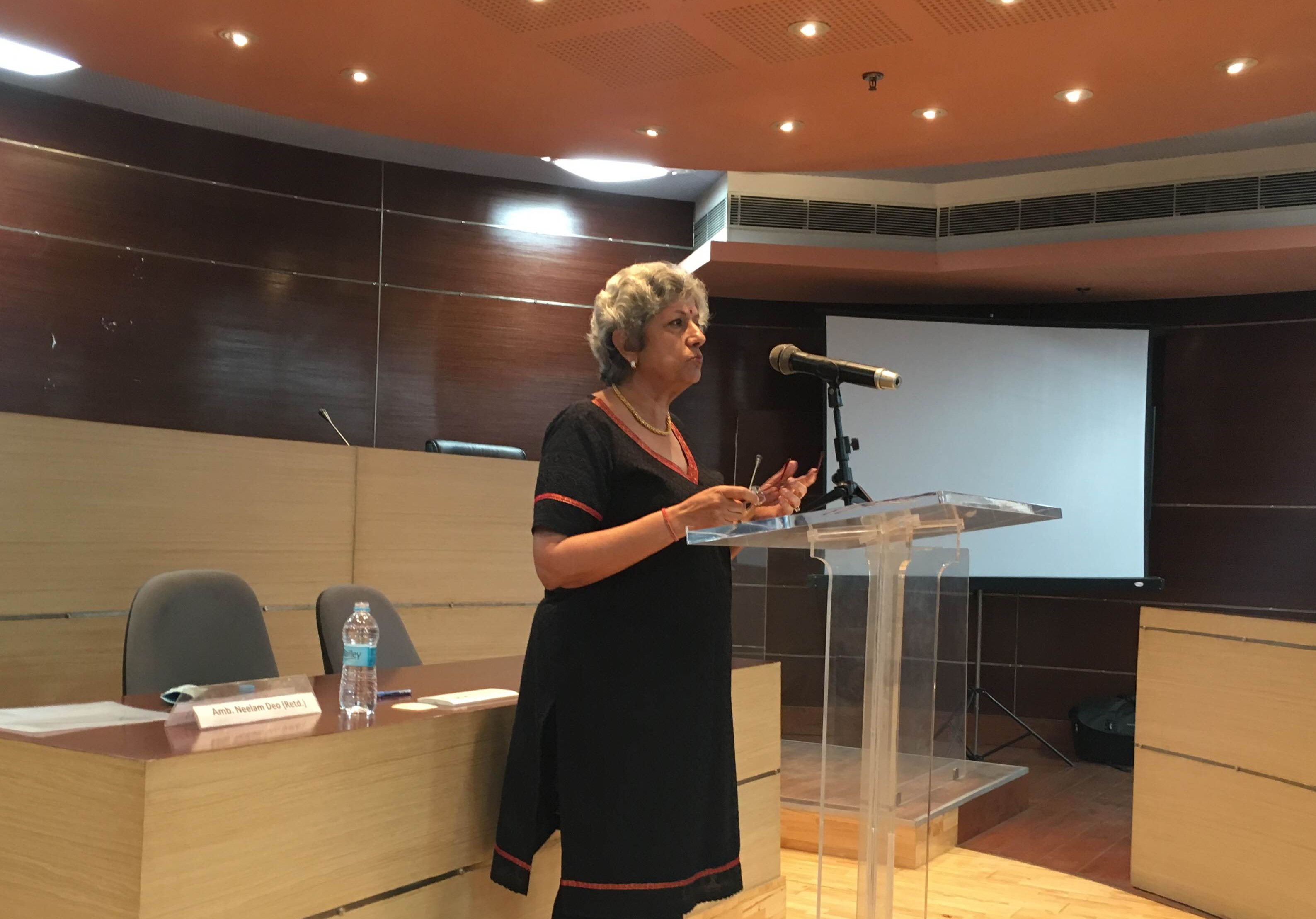 Courtesy:
Courtesy:
Ambassador Neelam Deo, Director, Gateway House delivered a lecture at the West Bengal National University of Juridical Sciences, Kolkata on 30 January, 2016.
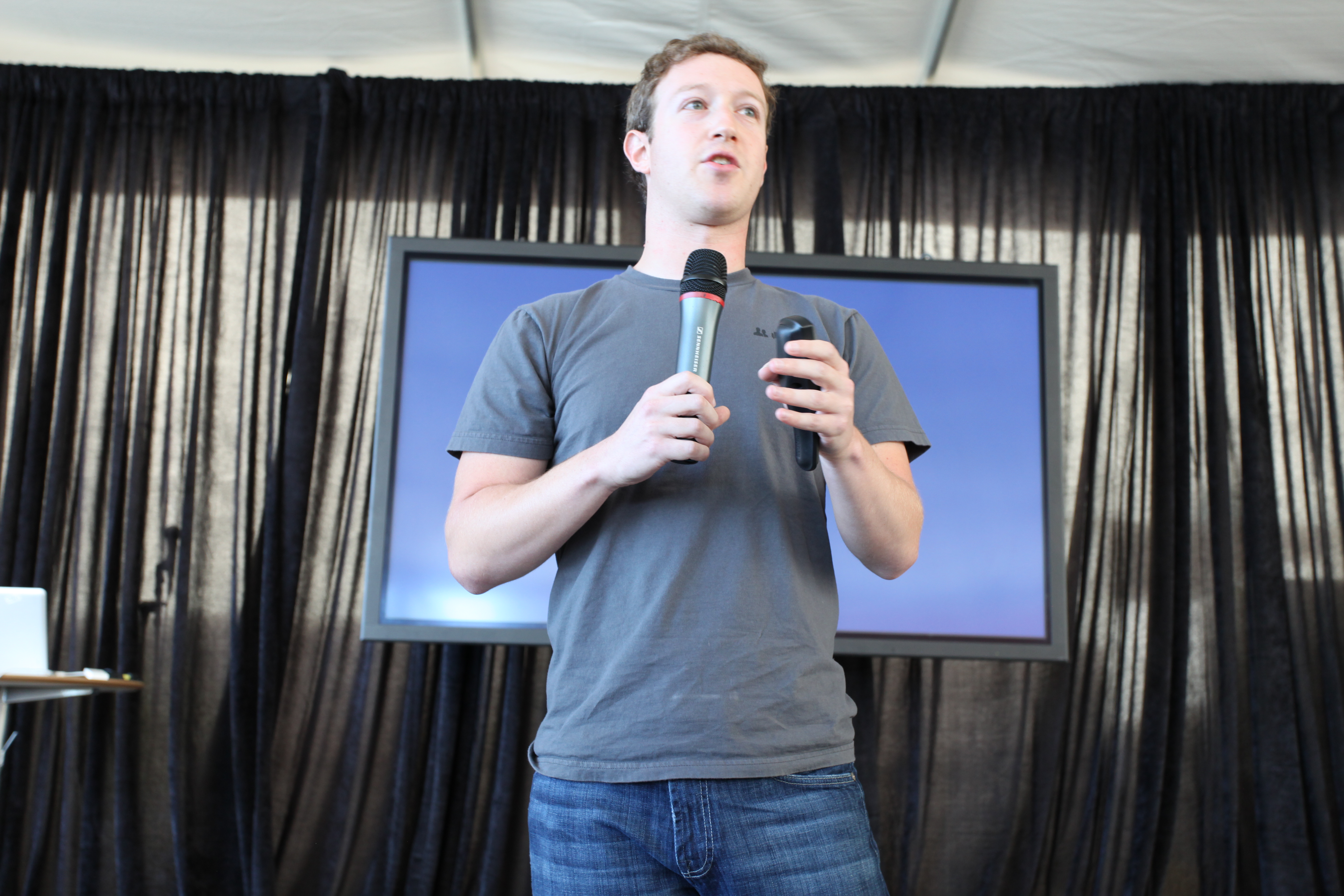 Courtesy: Flickr / Robert Scoble
Courtesy: Flickr / Robert Scoble
The controversy surrounding Facebook’s Free Basics in India highlights a key dilemma currently faced by policy makers and private entrepreneurs who wish to foster, not just ‘inclusion’, but business models which foster economic democracy.
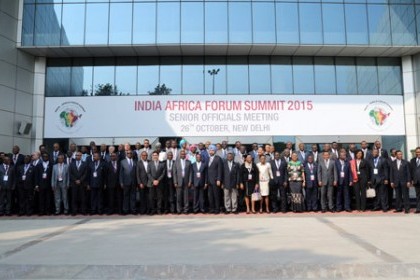 Courtesy: MEA
Courtesy: MEA
The U.S. is urging India to alter its IPR regime, and the potential impact on prices in the pharmaceuticals sector is of concern to African countries that depend on India for low-cost generic medicines. The recent India-Africa Forum Summit in New Delhi sought to address this issue, but it will be a challenge for India to balance competing pressures.
Do the TPP and the proposed India-EU trade deal extend protection of IPR, delaying generic competition for life-saving drugs and keeping their prices high? While these and other possible implications for Indian consumers and pharma companies become clearer over time, India must robustly engage with the debate on trade deals and public interest
Sharad Sharma, co-founder, iSpirt, talks about Prime Minister Modi’s visit to the Silicon Valley on September 27. In an in interview to Gateway House, he outlines the steps that would make Modi’s visit a success for Digital India campaign and other key issues.
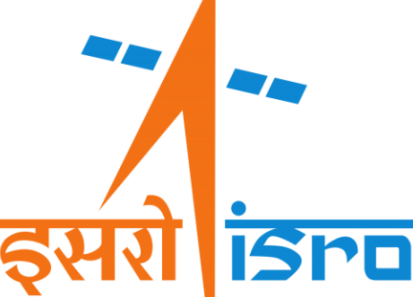 Courtesy: Wikipedia
Courtesy: Wikipedia
Instead of inviting foreign corporations to India to create a manufacturing base, Modi can use his Silicon Valley experience to build a similar research and development foundation in India for indigenous high-tech companies. A strategic space megaproject could be the start of this much-needed push.
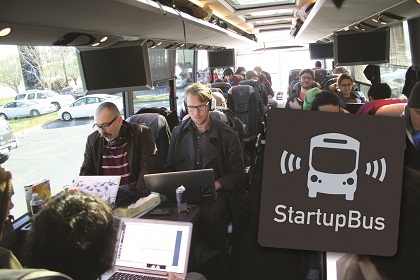 Courtesy: John Fischer/Flickr
Courtesy: John Fischer/Flickr
Prime Minister Narendra Modi's outreach to the influential Indian diaspora in Silicon Valley in September should be centered on creating an Indian ecosystem for tech start-ups
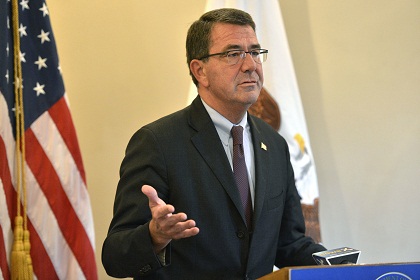 Courtesy: Wikimedia Commons
Courtesy: Wikimedia Commons
The visit of U.S. Defence Secretary Carter will help cement trust and expand the scope of India-U.S. defence cooperation. However, there are several important details around technology transfer that still need to be worked out before co-production of weapons can begin.
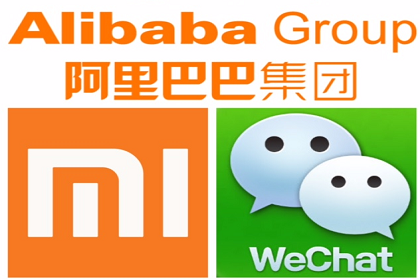 Courtesy: Alibaba, Xiaomi, Wechat
Courtesy: Alibaba, Xiaomi, Wechat
Less than two years ago most Indians would struggle to name a Chinese company. Fast forward to the present, Chinese smartphone company Xiaomi is on the tips of everyone’s tongue. Chinese internet giants Alibaba, Tencent and Xiaomi have emerged as investors and major players in India’s fast growing e-commerce and internet space. Their emergence marks a new and exciting area of cooperation and engagement between India and China
 Courtesy:
Courtesy:
The idea that Asia can follow the West’s ‘get dirty, get rich, get clean’ strategy grows more absurd with every year. Nor can Asian political leaders say the region can’t afford the cost of environmental progress. It is now clear that India and other countries cannot afford the skyrocketing cost of environmental degradation.